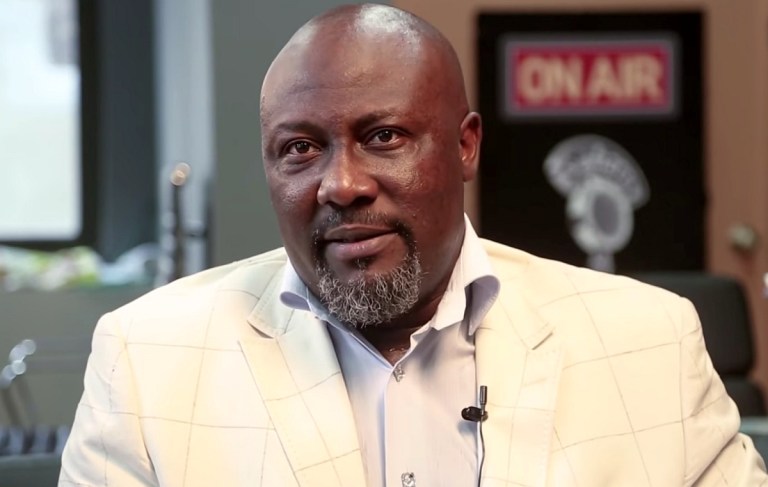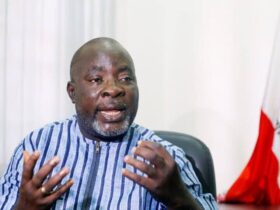
In the aftermath of the Kogi State governorship election held on November 11, Senator Dino Melaye, the Peoples Democratic Party (PDP) candidate, has raised serious allegations, asserting that the electoral process was marred by the allocation of votes rather than a genuine democratic exercise.
Dino Melaye, speaking on the ‘Politics Today’ program on Channels Television, revealed that opposition parties had orchestrated a plan to secure his third position in the governorship poll. Describing the events of Saturday as “not an election but an allocation of votes,” he claimed that a meeting was held to ensure he did not secure the second position, deeming it “dangerous.”
Official results declared Yahaya Bello Ododo as the winner with 446,237 votes, surpassing his closest rival, Murtala Ajaka of the Social Democratic Party (SDP), who garnered 259,052 votes. Melaye trailed in third place with 46,362 votes.
He stated, “A meeting was held and they said, ‘Dino Melaye must not come second because if he comes second, it’s dangerous… so, he must become a distant third.’ There was no election; there was only allocation of votes.”
He went on to allege that votes were deliberately allocated to the SDP candidate, Ajaka, particularly in the eastern part of the state.
READ MORE: JUST IN: NLC Imposes Stay-At-Home Strike, Locks Out Civil Servants in Plateau State
He likened his position to the February 25 presidential election, saying that the victory of the Labour Party in Lagos State was “deliberate.”
Melaye emphasized, “Normally, Ajaka should not be excited that he won one, two, or three local governments in the East. It was allocated.
“Lagos was given to Labour.”
Melaye added, “Labour should not think they won [in] Lagos; it was deliberate. The mathematics was done. The arithmetic was done.”
Addressing the controversy surrounding his decision not to cast a vote, Melaye asserted, “The issue of voting or not voting has no legal status. People win elections in prison,”
“Legally, it has no relevance to the election. Whether I voted or not, it is immaterial,” he concluded.








Leave a Reply